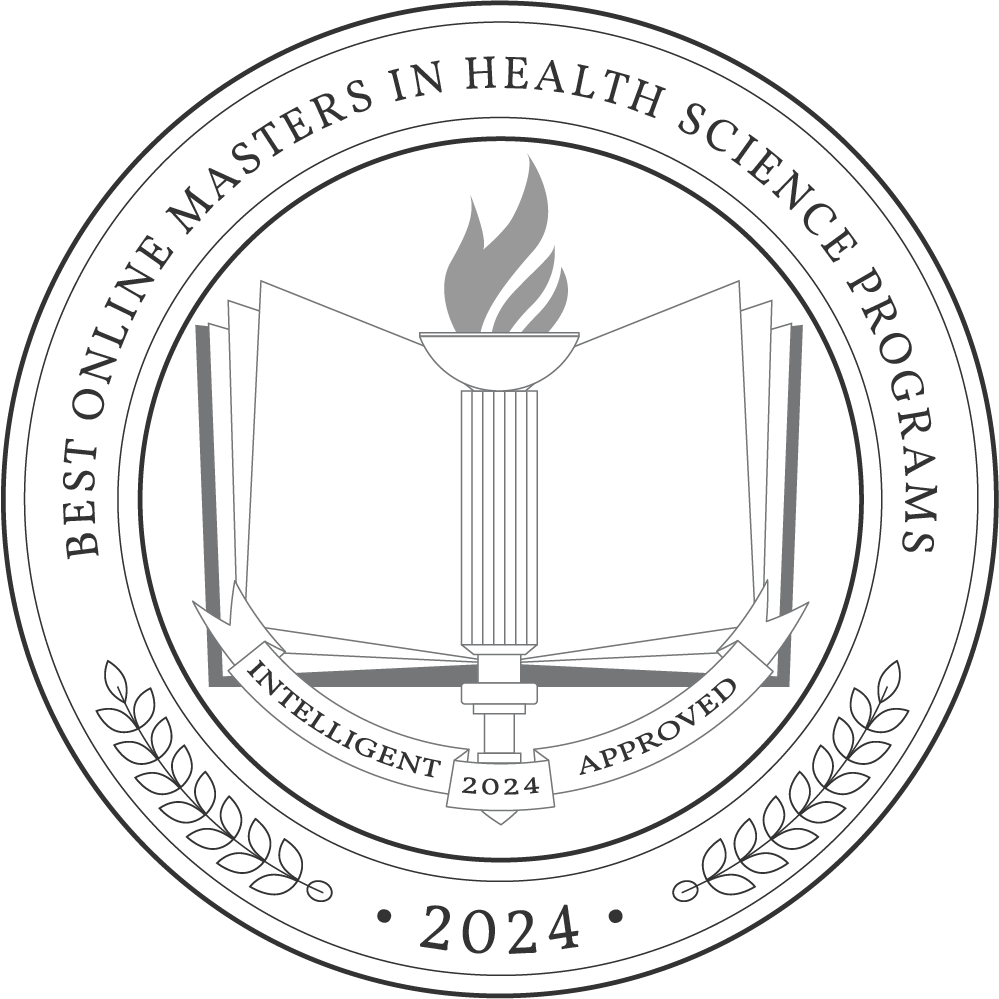Individuals who earn an online master’s in health science degree can work in clinical or nonclinical settings. Some supervise entire hospital departments, physicians’ offices, or rehabilitation facilities, while others ensure safe workplaces. You can work for local governments, host community health seminars, or provide training to prevent and treat athletic injuries.
The U.S. Bureau of Labor Statistics (BLS) projects job growth of 28% (much faster than average) for medical and health services managers from 2022 to 2032, with a median annual salary of $110,680. The BLS predicts a 13% job growth for occupational health and safety specialists and technicians, earning a median annual salary of $77,580. The field of athletic trainers has a projected growth of 14%, with a median yearly salary of $57,930.
Most schools estimate their online master’s degrees take one to two years to complete, but this depends on the number of credits required and how many you take each year. An online master’s in health science takes about 30 to 45 credits, with costs ranging from $370 to $1,300 per credit. On average, graduate school tuition costs $20,513 per year.
How to Choose an Online Master’s in Health Science Program
Choose your area of study
This degree is typically offered as a Master of Science (MS). Many programs allow you to select a concentration and focus your studies on a particular niche in this field, such as administration, education, or research. If you already know what you would like to do after you graduate, look for programs that closely match these career goals.
Research schools and programs
You should only consider institutions that have been approved by a DOE-recognized regional accrediting organization, such as the New England Commission of Higher Education or Northwest Commission on Colleges and Universities. These organizations evaluate schools to ensure they provide students with a high-quality education. Those who attend a school that isn’t regionally accredited may be unable to access financial aid or transfer credits to another institution if needed.
Ideally, your master’s in health science program will also be accredited by a respected industry group such as the Council on Education for Public Health or Commission on Accreditation of Healthcare Management Programs. These accrediting organizations have particularly high standards for healthcare-related programs.
Also, take note of other requirements for the degree. Some online programs integrate modern distance teaching methods and have no in-person requirements. Others have campus-based meetings or internships. How does the school help online students meet these requirements and other obligations? Could your current job fulfill this requirement?
Lastly, to have a well-rounded learning experience, look at what other support services the school offers for online students. Is there a mentoring or career services program? Are there networking opportunities, such as an alumni association?
To learn more about any schools that you’re interested in, you can visit the school’s website, contact an admissions counselor, follow the school on social media, or attend an in-person or virtual open house.
Prepare for tests and applications
Application requirements vary by school and program. However, most online master’s degree programs in health science require:
- A bachelor’s degree or higher
- Transcripts from previous colleges
- Letter(s) of recommendation from professional and academic references
- A resume or record of employment history
- A personal essay or statement of purpose describing your plans and achievements
Some competitive programs require an interview. In addition, some programs require students to submit standardized test scores, such as those from the GRE. Applicants who need to take the GRE should prepare and sit for the exam while researching schools.
Before submitting an application, always contact an admissions counselor to ensure you have the most accurate information regarding requirements and deadlines.
Select your program
Some students submit applications to several schools to boost their chances of acceptance, while others target a single program that aligns with their interests and needs. Whatever you decide, be aware that most schools’ application fees can add up. Contact the school about a fee waiver if you need financial assistance.
Before making your final decision, review your needs and goals again. Do you plan to attend school full-time or part-time? Do you want your program to be as online as possible, or are you fine with a hybrid program that has a fair amount of in-person requirements? Some programs offer asynchronous courses, which can be completed at your own pace, while others only offer synchronous courses, which involve remotely attending lectures and completing assignments at the same time as other students — which of these two online learning formats do you prefer? Your school should accommodate your scheduling needs and learning preferences.
Determine how you’ll pay for your degree
Every school with an online master’s in health science program should specify the financial support students can receive, including grants, fellowships, scholarships, assistantships, and work-study. Complete the Free Application for Federal Student Aid (FAFSA), which determines eligibility for federal student loans and need-based institutional aid.
Students currently employed in the healthcare field can check whether their employer’s tuition assistance benefits can offset their costs. For more detailed information about how to pay for your degree, consult with your school’s financial aid office.
Best 32 Accredited Online Master's in Health Science Programs
Institution Type
Status
- Intelligent Score
- Alphabetically By University Name
- Acceptance Rate
- Enrollment
- In-state Graduate Tuition
- Out-of-state Graduate Tuition
- In-state Undergraduate Tuition
- Out-of-state Undergraduate Tuition

University of South Florida
Intelligent Score: 99.1Undergraduate Tuition
In-state: $4,559
Out-of-state: $15,473
Graduate Tuition
In-state: $8,350
Out-of-state: $8,350
Test scores
SAT: 1160-1320
ACT: 25-30
ESTIMATED COST PER CREDIT
In-State: $431
Out-of-State: $877
DELIVERY FORMAT
Online
ACCREDITATION
Southern Association of Colleges and Schools Commission on Colleges
REQUIRED CREDITS TO GRADUATE
31

Johns Hopkins Bloomberg School of Public Health
Intelligent Score: 99.07Undergraduate Tuition
In-state: $54,160
Out-of-state: $54,160
Graduate Tuition
In-state: $57,010
Out-of-state: $57,010
Test scores
SAT: 1470-1560
ACT: 34-36
ESTIMATED COST PER CREDIT
$952
DELIVERY FORMAT
Online, Hybrid
ACCREDITATION
Council on Education for Public Health
REQUIRED CREDITS TO GRADUATE
64

University of Florida
Intelligent Score: 97.89Undergraduate Tuition
In-state: $4,477
Out-of-state: $25,694
Graduate Tuition
In-state: $10,770
Out-of-state: $10,770
Test scores
SAT: 1290-1460
ACT: 29-33
ESTIMATED COST PER CREDIT
$585
DELIVERY FORMAT
Online
ACCREDITATION
Southern Association of Colleges and Schools Commission on Colleges
REQUIRED CREDITS TO GRADUATE
30
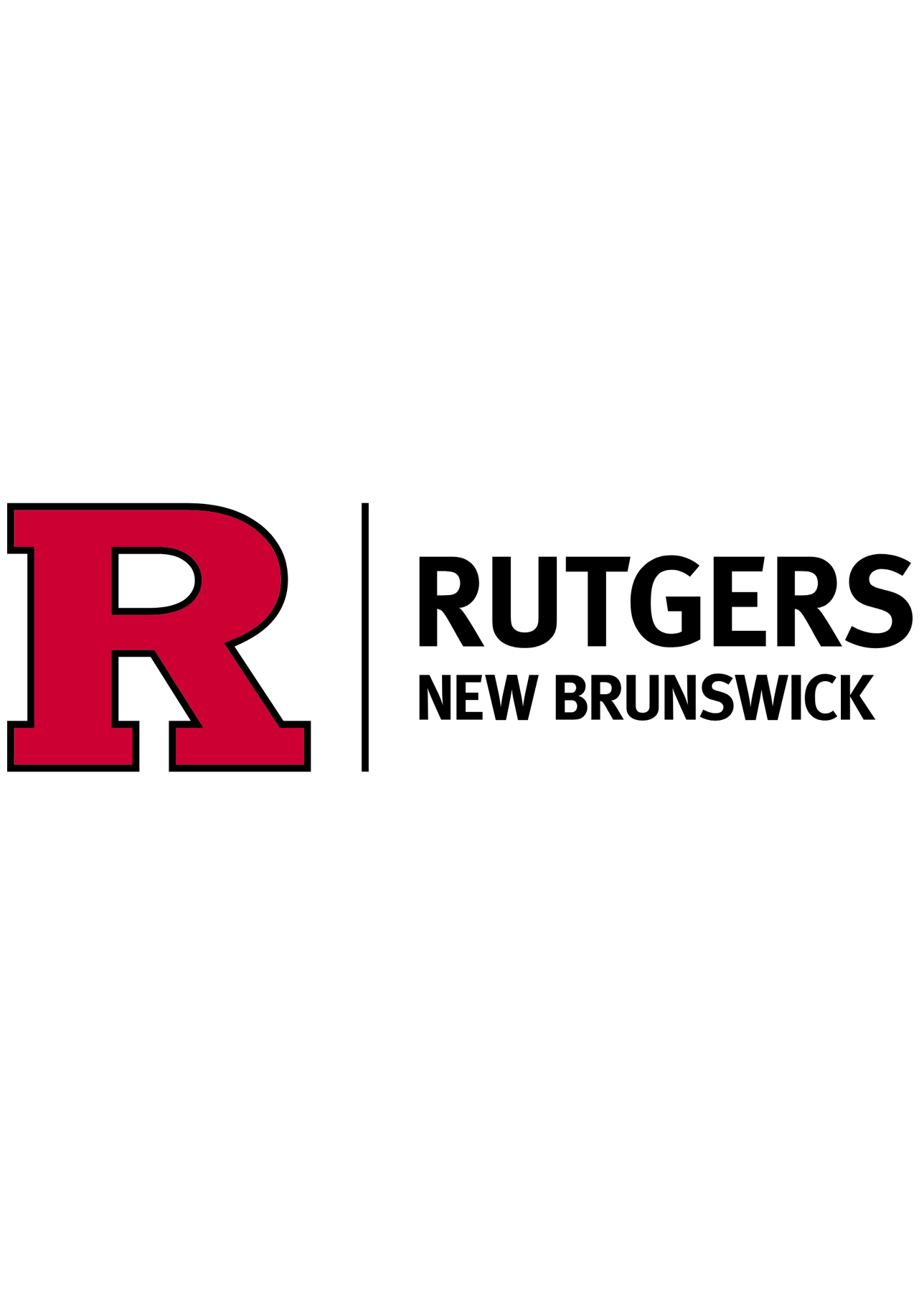
Rutgers School of Health Professions
Intelligent Score: 97.13Undergraduate Tuition
In-state: $12,230
Out-of-state: $29,012
Graduate Tuition
In-state: $17,736
Out-of-state: $17,736
Test scores
SAT: 1180-1410
ACT: 25-32
ESTIMATED COST PER CREDIT
Resident: $779
Non-Resident: $1,325
DELIVERY FORMAT
Online
ACCREDITATION
Commission for the Accreditation of Allied Health Education Program
REQUIRED CREDITS TO GRADUATE
36

Florida Gulf Coast University
Intelligent Score: 97.04Undergraduate Tuition
In-state: $4,191
Out-of-state: $22,328
Graduate Tuition
In-state: $6,974
Out-of-state: $6,974
Test scores
SAT: 1060-1210
ACT: 21-25
ESTIMATED COST PER CREDIT
Resident: $373
Non-Resident: $1,300
DELIVERY FORMAT
Online
ACCREDITATION
Southern Association of Colleges and Schools Commission on Colleges
REQUIRED CREDITS TO GRADUATE
45

University of Central Florida
Intelligent Score: 96.96Undergraduate Tuition
In-state: $4,478
Out-of-state: $19,810
Graduate Tuition
In-state: $6,916
Out-of-state: $6,916
Test scores
SAT: 1160-1340
ACT: 25-30
ESTIMATED COST PER CREDIT
$772
DELIVERY FORMAT
Online
ACCREDITATION
Southern Association of Colleges and Schools Commission on Colleges
REQUIRED CREDITS TO GRADUATE
38

Western Carolina University
Intelligent Score: 96.3Undergraduate Tuition
In-state: $1,000
Out-of-state: $5,000
Graduate Tuition
In-state: $4,435
Out-of-state: $4,435
Test scores
SAT: 1020-1220
ACT: 20-25
ESTIMATED COST PER CREDIT
Resident: $420
Non-Resident: $998
DELIVERY FORMAT
Online
ACCREDITATION
Southern Association of Colleges and Schools Commission on Colleges
REQUIRED CREDITS TO GRADUATE
33

Cleveland State University
Intelligent Score: 95.79Undergraduate Tuition
In-state: $11,185
Out-of-state: $15,952
Graduate Tuition
In-state: $10,215
Out-of-state: $10,215
Test scores
SAT: 940-1170
ACT: 18-25
ESTIMATED COST PER CREDIT
In-State: $626
Out-of-State: $1,076
DELIVERY FORMAT
Online
ACCREDITATION
Higher Learning Commission
REQUIRED CREDITS TO GRADUATE
36
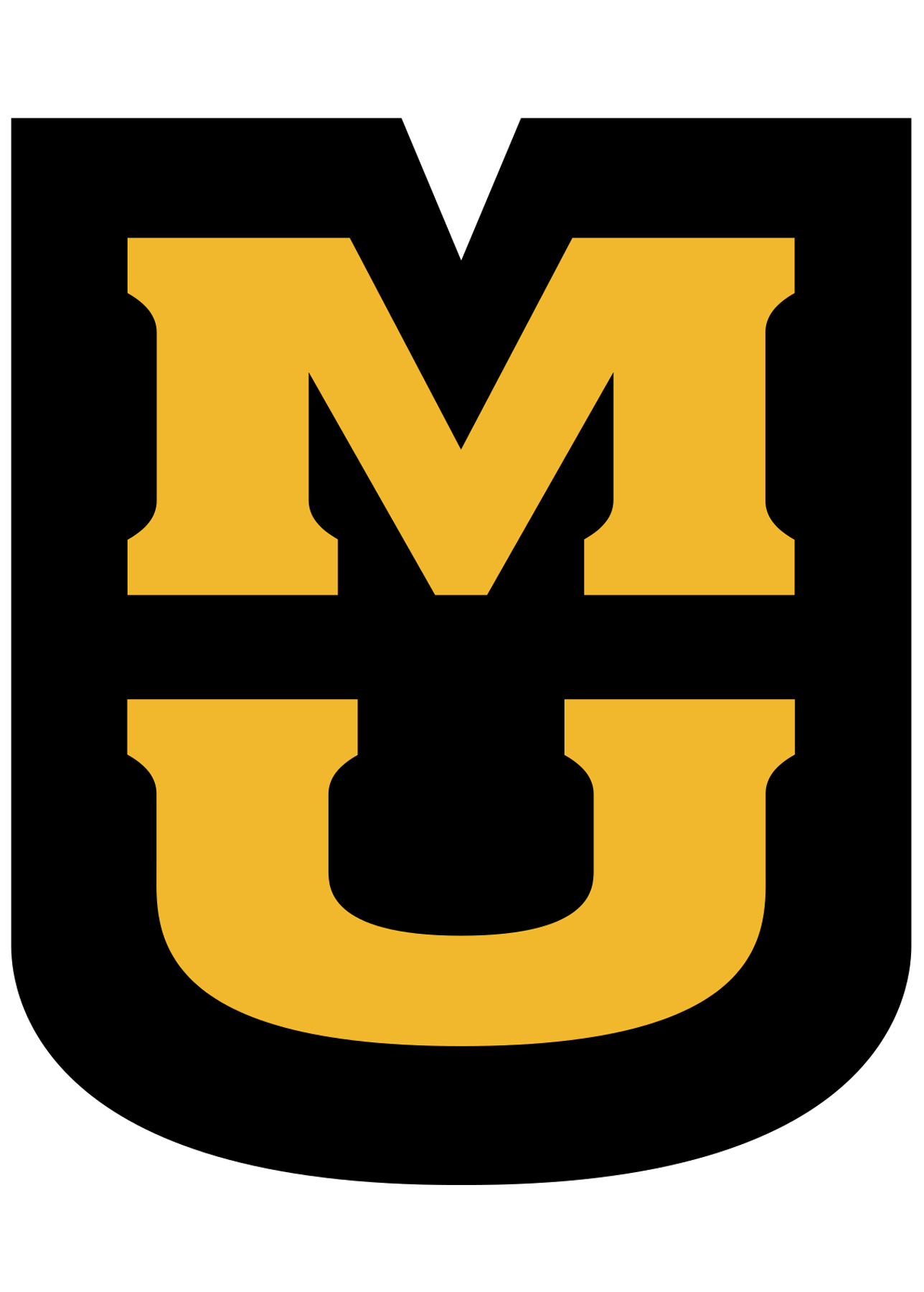
University of Missouri
Intelligent Score: 95.77Undergraduate Tuition
In-state: $9,330
Out-of-state: $27,612
Graduate Tuition
In-state: $9,478
Out-of-state: $9,478
Test scores
SAT: 1110-1320
ACT: 23-29
ESTIMATED COST PER CREDIT
$561
DELIVERY FORMAT
Online
ACCREDITATION
Higher Learning Commission
REQUIRED CREDITS TO GRADUATE
30
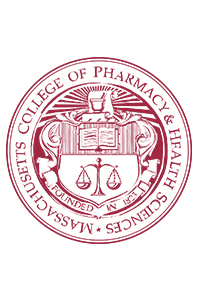
Massachusetts College of Pharmacy and Health Sciences
Intelligent Score: 95.71Undergraduate Tuition
In-state: $39,240
Out-of-state: $39,240
Graduate Tuition
In-state: $47,520
Out-of-state: $47,520
Test scores
SAT: 1090-1370
ACT: 25-31
ESTIMATED COST PER CREDIT
$1,060
DELIVERY FORMAT
Online
ACCREDITATION
New England Commission of Higher Education
REQUIRED CREDITS TO GRADUATE
30
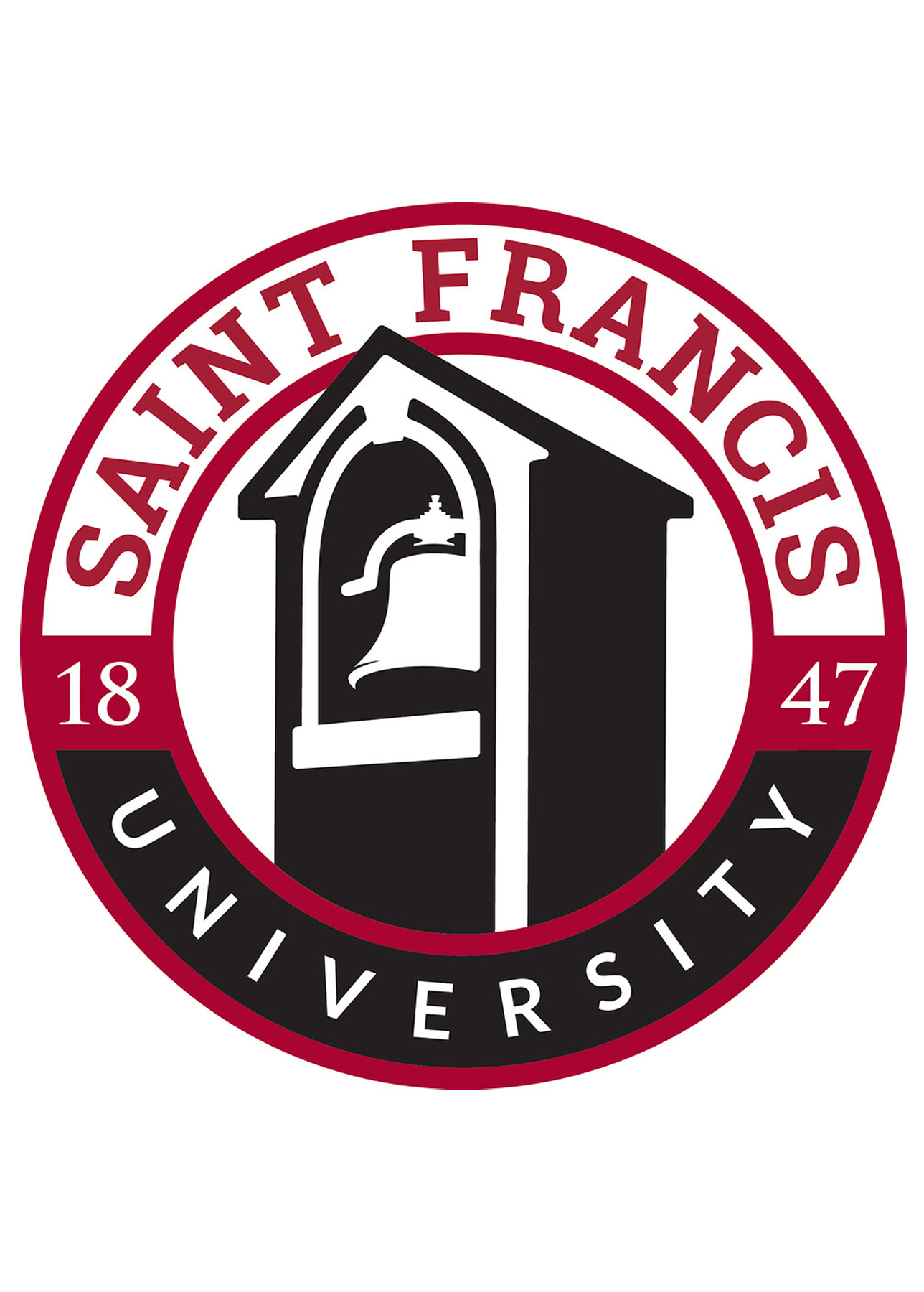
Saint Francis University
Intelligent Score: 95.57Undergraduate Tuition
In-state: $38,728
Out-of-state: $38,728
Graduate Tuition
In-state: $25,000
Out-of-state: $25,000
Test scores
SAT: 1010-1220
ACT: 22-26
ESTIMATED COST PER CREDIT
$675
DELIVERY FORMAT
Online
ACCREDITATION
Middle States Commission on Higher Education
REQUIRED CREDITS TO GRADUATE
30

The University of Texas Rio Grande Valley
Intelligent Score: 95.25Undergraduate Tuition
In-state: $11,448
Out-of-state: $40,032
Graduate Tuition
In-state: $12,028
Out-of-state: $12,028
Test scores
SAT: 1210-1470
ACT: 26-33
ESTIMATED COST PER CREDIT
$1,333
DELIVERY FORMAT
Online
ACCREDITATION
Higher Learning Commission
REQUIRED CREDITS TO GRADUATE
30-60

Liberty University
Intelligent Score: 93.95Undergraduate Tuition
In-state: $14,791
Out-of-state: $14,791
Graduate Tuition
In-state: $7,935
Out-of-state: $7,935
Test scores
SAT: 1040-1250
ACT: 21-29
ESTIMATED COST PER CREDIT
$565
DELIVERY FORMAT
Online
ACCREDITATION
Southern Association of Colleges and Schools Commission on Colleges
REQUIRED CREDITS TO GRADUATE
60

Northern Kentucky University
Intelligent Score: 90.35Undergraduate Tuition
In-state: $9,912
Out-of-state: $19,872
Graduate Tuition
In-state: $11,034
Out-of-state: $11,034
Test scores
SAT: 960-1190
ACT: 20-26
ESTIMATED COST PER CREDIT
$653
DELIVERY FORMAT
Online
ACCREDITATION
Southern Association of Colleges and Schools Commission on Colleges
REQUIRED CREDITS TO GRADUATE
35
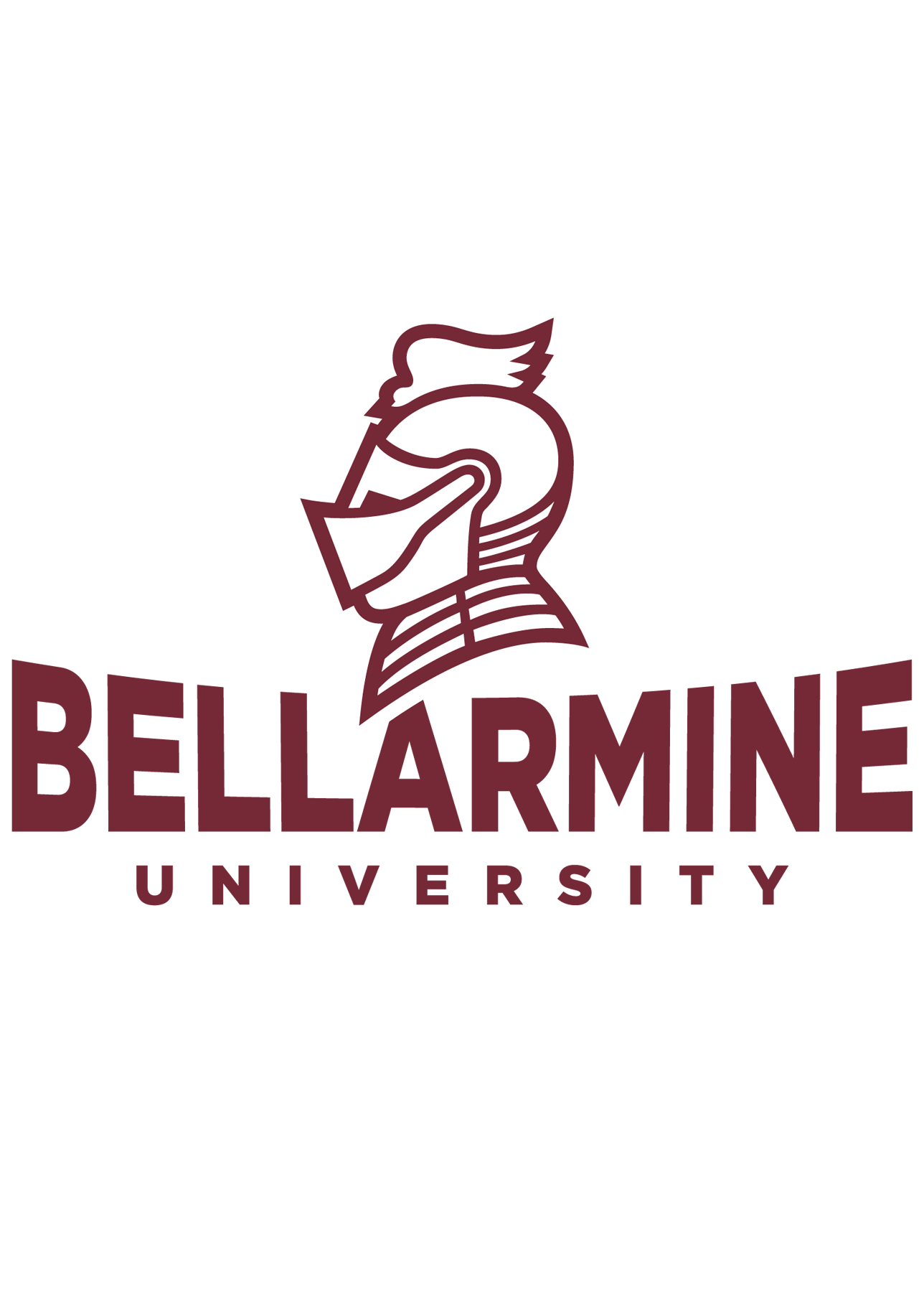
Bellarmine University
Intelligent Score: 89.12Undergraduate Tuition
In-state: $41,520
Out-of-state: $41,520
Graduate Tuition
In-state: $16,645
Out-of-state: $16,645
Test scores
SAT: 1020-1280
ACT: 21-28
ESTIMATED COST PER CREDIT
$795
DELIVERY FORMAT
Online, On- Campus
ACCREDITATION
Southern Association of Colleges and Schools Commission on Colleges
REQUIRED CREDITS TO GRADUATE
30

George Washington University
Intelligent Score: 87.92Undergraduate Tuition
In-state: $55,961
Out-of-state: $55,961
Graduate Tuition
In-state: $31,770
Out-of-state: $31,770
Test scores
SAT: 1270-1450
ACT: 30-33
ESTIMATED COST PER CREDIT
$1,315
DELIVERY FORMAT
Online
ACCREDITATION
Council on Education for Public Health
REQUIRED CREDITS TO GRADUATE
36
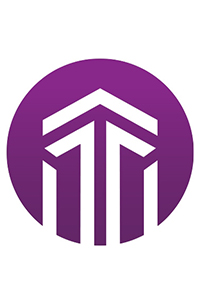
Excelsior University
Intelligent Score: 84.63Undergraduate Tuition
In-state: $26,790
Out-of-state: $26,790
Graduate Tuition
In-state: $17,550
Out-of-state: $17,550
Test scores
SAT: 1210
ACT: 27
ESTIMATED COST PER CREDIT
$715
DELIVERY FORMAT
Online
ACCREDITATION
Middle States Commission on Higher Education
REQUIRED CREDITS TO GRADUATE
36
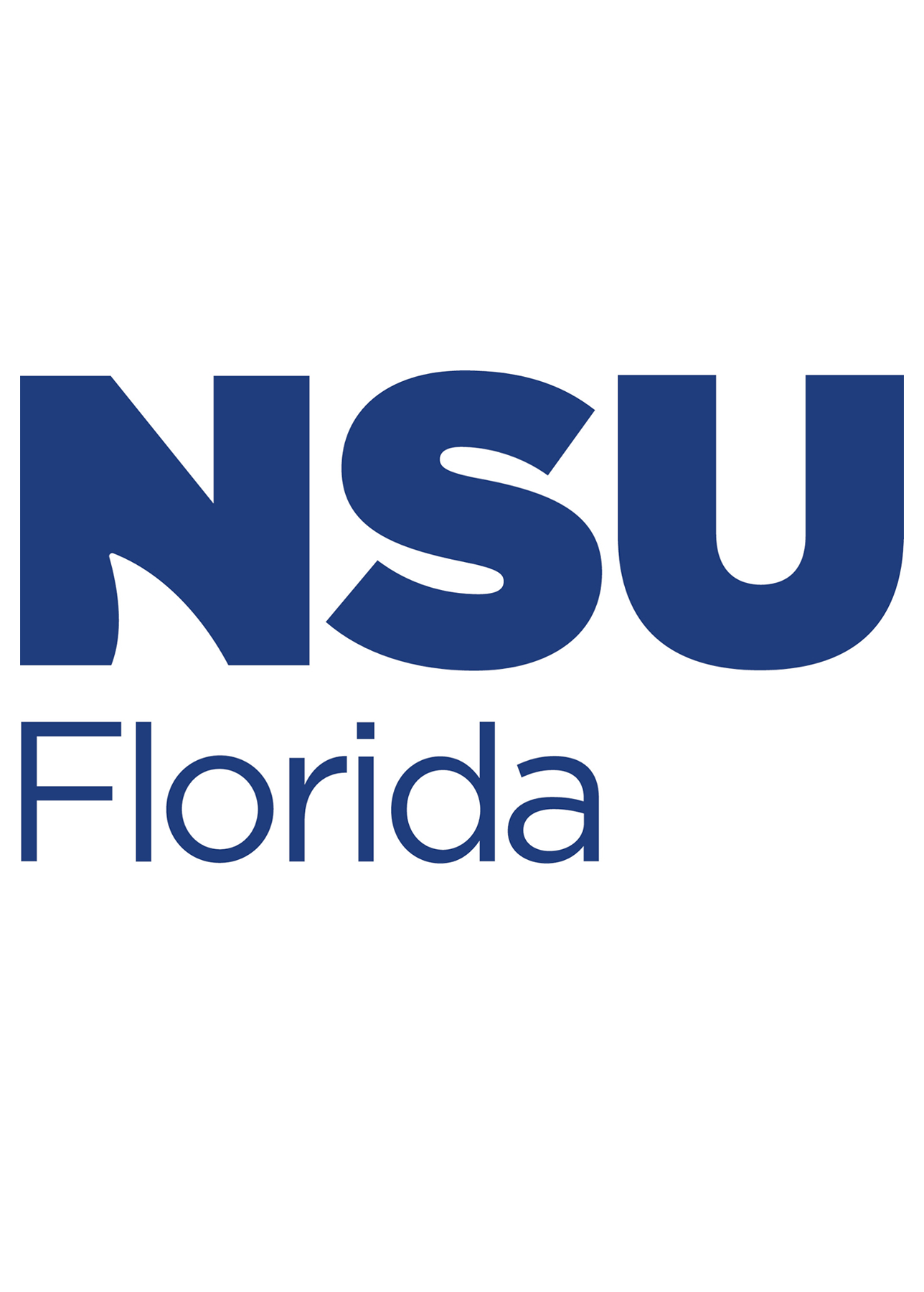
Nova Southeastern University
Intelligent Score: 84.05Undergraduate Tuition
In-state: $32,370
Out-of-state: $32,370
Graduate Tuition
In-state: $20,618
Out-of-state: $20,618
Test scores
SAT: 1030-1240
ACT: 20-27
ESTIMATED COST PER CREDIT
$462
DELIVERY FORMAT
Online
ACCREDITATION
Southern Association of Colleges and Schools Commission on Colleges
REQUIRED CREDITS TO GRADUATE
43
How We Rank Schools
Standard degree options for this program include Master of Science in health sciences, Master of Science in allied health, Master of Science in health informatics, and Master of Science in nutrition.
Most online master’s in health science programs are accredited regionally, meaning that a DOE-recognized regional organization looks at the faculty and curriculum to ensure it meets the needs of those entering these careers. Accreditations to look for include the Middle States Commission on Higher Education (MSCHE) and the Southern Association of Colleges and Schools Commission on Colleges (SACSCOC).
Once we narrowed our list of programs, we reviewed each of them on the basis of outcomes, reputation, faculty, flexibility, and cost. We then calculated the Intelligent Score for each program on a scale of 0 to 100. For a more extensive explanation, check out Our Ranking Methodology.
What Can You Expect from an Online Master’s in Health Science Program?
Online master’s in health science programs vary based on the school, but students can expect a core curriculum covering healthcare research, science, regulations, communication, and leadership skills.
Some programs might focus more on medical science, offering concentrations such as women’s health, molecular medicine, anatomy, aging, neuroscience, and research. Other programs might integrate this with administrative issues, such as managing personnel, overseeing budgets, and designing systems to improve efficiency and effectiveness.
Potential courses you’ll take in an online master’s in health science degree program
- Health Science Ethics. Students learn about fundamental ethical medical issues, such as informed consent. They also discuss considerations that general and clinical sciences must address.
- Healthcare Systems. A course like this provides an extensive overview of the healthcare system in the United States, including contemporary and historical perspectives. Expect to learn more about regulatory guidance, financing, insurance, managed care, and personnel issues.
- Research Methodology. This course prepares students for responsible conduct when doing research. Students also learn how to formulate research questions and find quality sources.
- Health Science Leadership. A course like this familiarizes students with leadership models and strategies in a healthcare setting. Students also review case studies of real-world examples.
What Can You Do With an Online Master’s in Health Science Degree?
Career outlook
The health science field offers a variety of career paths, so you can choose a job that fits your strengths and interests.
Students can choose to work directly with patients or pursue a concentration that is focused more on operations. Potential industries graduates are suited for include healthcare, business, and management. Those with a master’s in health science degree who have real-world experience may also be suited for teaching positions. Some of your potential career paths include:
- Health education specialist — Some health education specialists work in clinical settings to help patients understand their conditions and treatments, while others develop materials and campaigns to promote public health.
- Median annual salary: $62,860
- Projected employment growth (through 2032): 7%
- New job openings projected: 6,600 annually
- Health services manager — Manage a healthcare practice or department and supervise medical staff.
- Median annual salary: $110,680
- Projected employment growth (through 2032): 28%
- New job openings projected: 54,700 annually
- Dietician or nutritionist — Help individuals or organizations assess nutrition needs and develop meal plans. This occupation may also involve reviewing and contributing to the latest research in the field.
- Median annual salary: $69,680
- Projected employment growth (through 2032): 7%
- New job openings projected: 5,600 annually
Online Master’s in Health Science Degree Frequently Asked Questions
How do I apply to an online master’s in health science degree program?
Application processes vary by school. Check your potential school’s application webpage. Some schools establish an online portal for accepting applications. Others coordinate with a streamlined admissions application system, such as the Common Application (Common App), which allows students to upload their materials and apply to multiple schools.
Be sure to collect electronic or digital versions (PDFs) of all required information, such as college transcripts, letters of recommendation, work experience, and test scores. Talk with a school admissions counselor if you’re concerned about or having trouble uploading any documents.
How much does an online master’s in health science degree cost?
The total amount you pay for your degree will vary depending on the cost per credit, the number of credits required, fees, textbooks, and other expenses.
The average cost of graduate school tuition is $20,513 per year. Private schools tend to be more expensive than public schools, though public schools usually charge out-of-state students a much higher tuition rate than in-state students.
How long does it take to earn an online master’s in health science degree?
While this depends on the curriculum, most schools estimate their online master’s programs in health science take about two years to complete. Attending full-time or part-time affects this timetable, as does the total number of credits. You might also be able to find an accelerated program that allows you to earn your degree within just one year.
Is an online master’s in health science worth it?
Pursuing an online master’s degree in health science can provide several benefits. It offers the advanced education you need for management positions and leadership roles in various industries, and these higher-level roles usually come with higher salaries.
A master’s degree in health science gives students the opportunity to participate in internships and capstone projects that let them apply their skills and knowledge to real-world situations. This helps build confidence and ensures graduates are ready to enter the workforce. Online degree programs still offer collaboration with other students and professors, providing networking opportunities that can be beneficial when it’s time to start applying for jobs.
